
Yes, AI has advanced significantly and can generate high-quality content, including articles, images, videos, and music. However, while AI can mimic human creativity, it still lacks emotional depth, personal experiences, and critical thinking. Human editing and oversight are often needed to ensure accuracy and originality.
Some of the best AI-powered content generation tools include:
ChatGPT – For writing articles, marketing copy, and conversational AI.
Midjourney & Stable Diffusion – For AI-generated art and images.
Runway ML – For AI-powered video editing and special effects.
AIVA – For AI-generated music compositions.
These tools help automate content creation while maintaining creativity and efficiency.
This is a complex issue. In many countries, AI-generated content is not eligible for copyright protection because it lacks human authorship. However, if a human significantly modifies or curates the content, they may claim copyright. As AI evolves, copyright laws are expected to adapt to address these concerns.
AI is a powerful tool that enhances creativity, but it is unlikely to fully replace human content creators. AI can generate content quickly, but human writers, artists, and designers provide emotional intelligence, originality, and critical thinking. Instead of replacing jobs, AI is more likely to be used as an assistant to speed up and improve the creative process.




